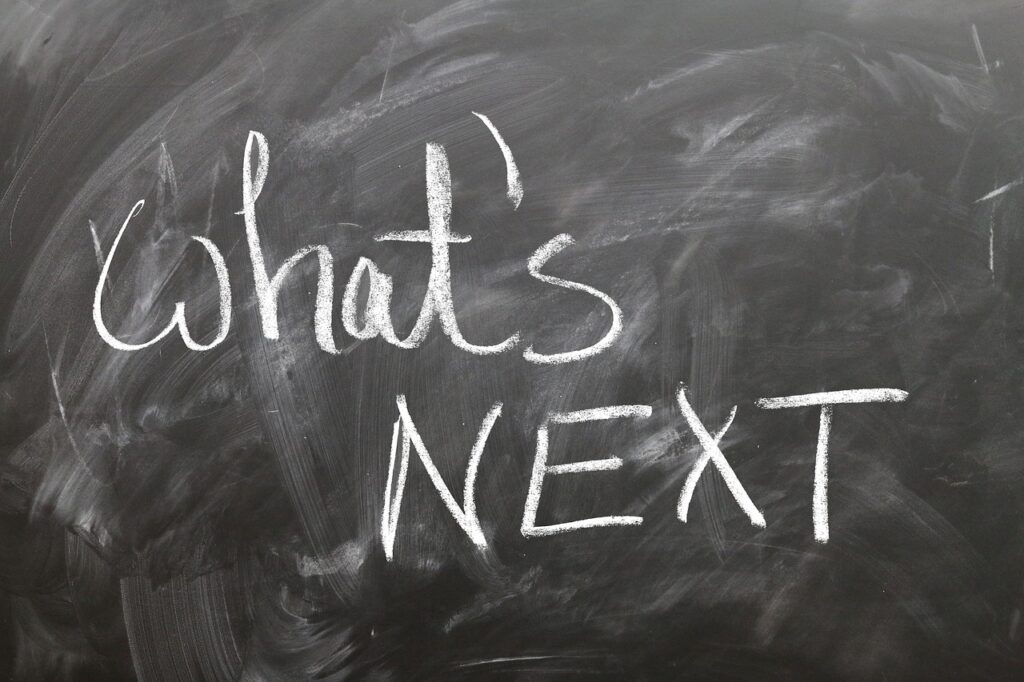Reference Checking Questions You Should be Asking
“The ability to ask the right questions is more than half the battle of finding the answer.”
- Thomas J. Watson, ex-CEO and Chairman of IBM
In this article, we will try and tackle the topic of reference questions for new hires. We will also talk about the process of reference checking after the interview. When it comes to reference checks and reference checking questions, people either love them or hate them. On the one hand, you have those who view reference checking as a means of uncovering the candidate’s abilities. It can be a tool to find out work history and even personality traits in some cases. On the other hand, some believe it to be not worth the time. Reference checks can feel like a waste of time when there is no proper structure or procedure in place. A lot of the time, you will end up with a list of references from the candidates who turn out to be their friends or other personal references. As expected, they will of course advocate for how great the candidate is.
Now, when a reference check is done right, it can be a vital tool in the recruitment process. It helps you make informed decisions about the people you hire. So, to help mitigate the negative aspects of this argument and help you get the most out of this process, we bring you this blog. We will talk about the people who would make the best references. We will also go over the best reference checking questions that you should be asking to get the information that you need.
Table of Contents
ToggleTalking to the Right References: Reach Out via the Candidate
One of the best ways to get the ideal references is to ask the candidate to provide them. Ask the candidate for the names and numbers of their previous employer. Now, if they are yet to resign and are looking for a job, they obviously might not want you to get in touch for job safety reasons. You should respect that. Rather, ask for the contact number of a manager from a previous role. This is more than fair to both parties.
This is where it gets interesting. Depending on whether they are evasive or helpful, you will get a clear reading of what kind of employee they might be. On top of all this, the candidate might be the right person to put you in touch with their previous employers as they have a well-established relationship with them. These references might be more willing to chat if they believe that it would help a former colleague.

Asking the Right Reference Checking Questions
Once you have the right references, make sure to let them know about the confidentiality factor of the process. This is crucial if you want them to be honest and open with their answers. Tell them that no matter how glaring or glowing their feedback is, it all stays confidential. Here are the best reference checking questions you should be asking.
Question 1: What was the working relationship between you and the candidate?
Start the conversation off in a light manner, ease them into it. You don’t want to hit them with all the reference checking questions at once. This question will also allow you to start cross-checking basic information. You can verify things like the candidate’s title, responsibilities and other things they might have already told you.
Question 2: Did the candidate have any major accomplishments while working with you?
To a certain extent, this is another one of those reference checking questions that will help ease the reference’s mind. It serves a purpose beyond just validating any major milestones that the candidate may have had. This question stands as a reminder that the reference checking process is not built just to catch out candidates. It is an opportunity to learn more about the person behind the resume. So you can understand what exactly they bring to the table.
Question 3: What are some of his/her greatest strengths in your opinion?
This question is one designed for calibration beyond just the average understanding of skill sets. What we mean by this is that the answer to this question will tell you how well things line up with the initial rounds of interview, the candidate’s resume as well as their work samples. You will have a chance to see how the responses line up with the candidate’s self-assessment. This indicates self-awareness, with which you can calibrate the other answers you get. Essentially, does the reference’s assessment of the candidate line up with what the candidate thinks of their strengths?
Question 4: What were some areas of concern that you think stand out as red flags?
This is a big one. This question serves a dual purpose. As a prospective employer, you need to know if there are any areas for improvement, what they are and how to address them. You also need to know if the candidate is coachable. The other point of this question is to bring to the surface any reason you may want to rethink the hiring of a particular candidate. For example, if the reference says that the candidate might benefit from an extra month of training, then you have to question their capabilities and experience for that role.
Question 5: Did the candidate work better in a team or alone?
Look, neither has to be a bad or good thing, some professionals work best alone and some in a team. It just depends on what you, as the employer, are looking for. This will not only reveal if your candidate is a team player but also tell you how good of a communicator they might be. Soft skills are just as important as any other skills in a business. Keep in mind that when you are asking these questions, you are also evaluating how well the reference knows the candidate.

Question 6: Did the candidate receive any promotions while at your company?
If the candidate was promoted at one point, then this would bolster their resume and the likelihood of getting selected. However, if not, it might serve you better to understand why. Perhaps there were no open positions, or maybe the management decided they needed a stronger internal candidate (which could be a red flag), or something else entirely.
Question 7: Why did the candidate leave the company?
Much like the initial question, this one is another cross-checking question. It will tell you not only why they left but if it checks out with what the candidate told you in the initial rounds of the interview. It is also a good indicator of any red flags like if they left on bad terms, some workplace issue or something else.
Question 8: Would you rehire this candidate?
This is a follow-up to the previous question, because if the reference doesn’t give you a resounding ‘absolutely’, then you might have to reconsider. Hesitation implies there are some underlying issues. This is something you should probably probe more about. Ask the reference why they would or would not hire them back.
Question 9: Is there anyone else you would recommend I speak with?
The whole point of the reference checking process and asking all these reference checking questions is to gain insight from a different point of view. So, ask the references if there is anyone who would be willing and able to talk to you that can tell you more about the candidate. This could be someone who worked alongside the candidate or under them too.



























